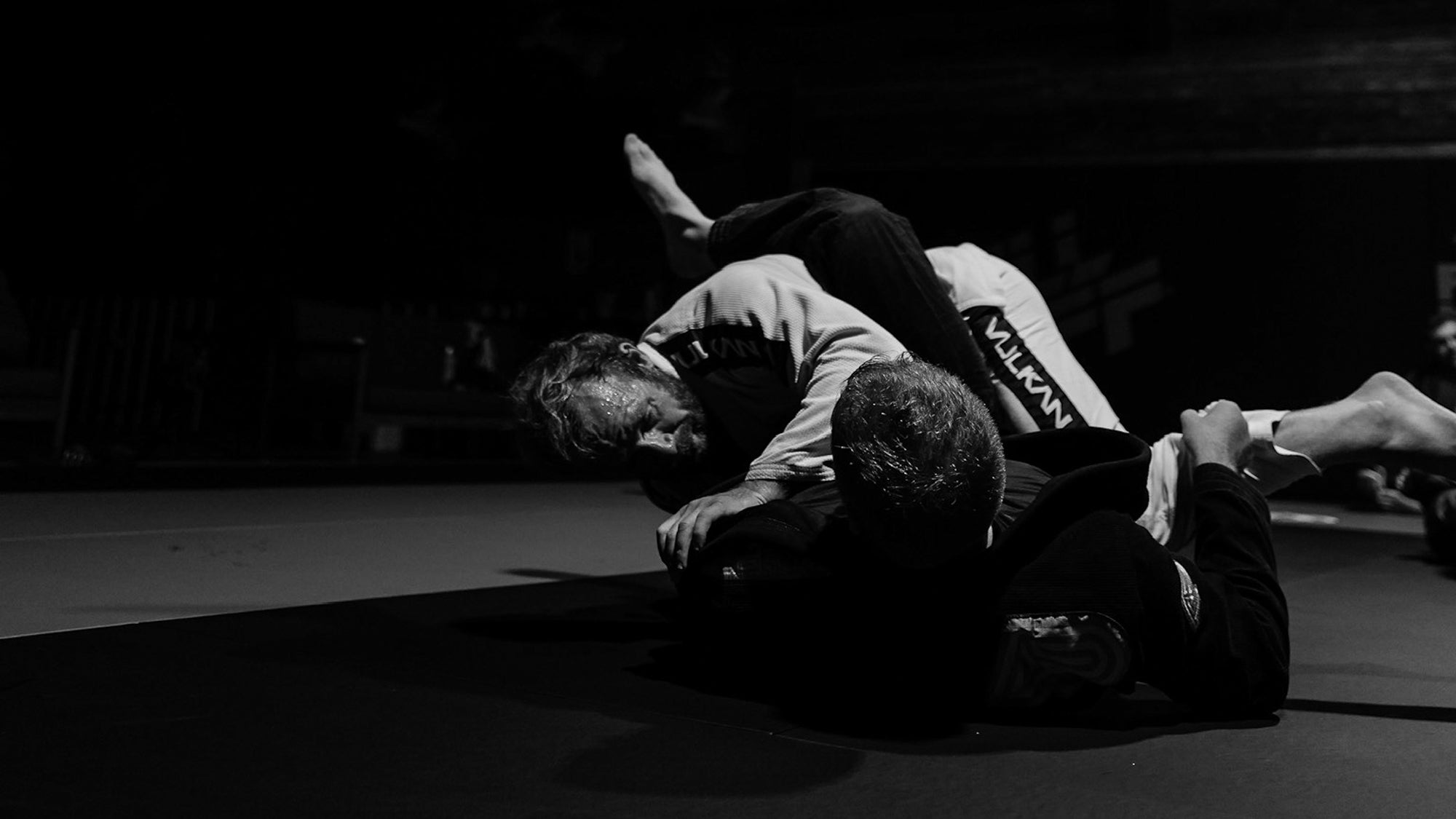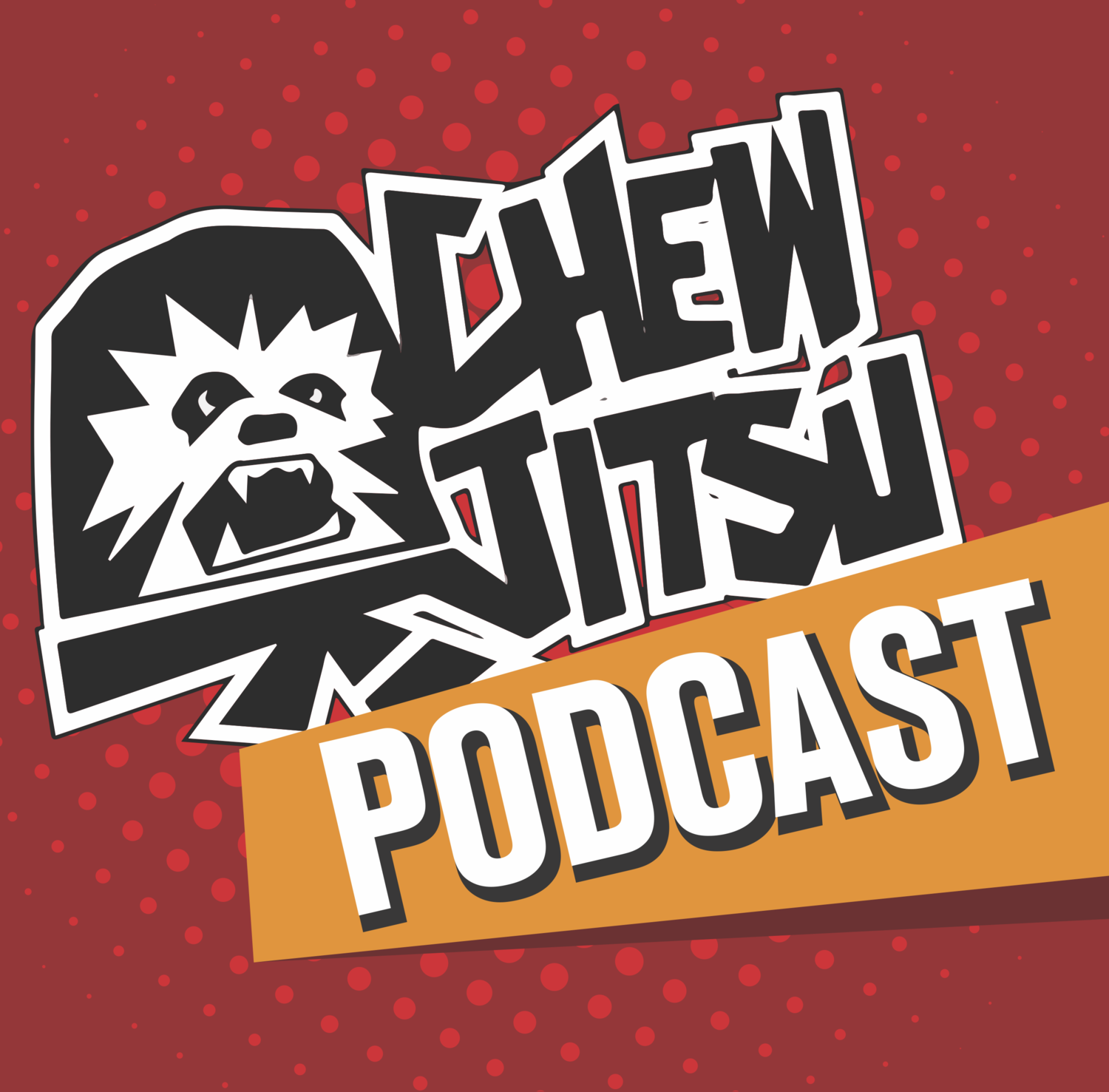In the quest to push the boundaries of athletic performance, athletes are looking beyond conventional training and nutrition methods and turning their attention to the potential of nootropics. Nootropics, also known as cognitive enhancers or smart drugs, encompass a diverse range of natural and synthetic compounds that offer the promise of enhancing cognitive function, focus, and memory. While the exploration of nootropics in the context of athletic performance, especially in the realm of grappling and combat sports, is still evolving, there is growing evidence suggesting their potential benefits.
Nootropics Support Quick Decision Making
One key area where nootropics may offer an edge in grappling and combat sports is in enhancing cognitive function under high-pressure situations. The fast-paced, mentally demanding nature of these sports requires athletes to think quickly, make split-second decisions, and maintain unwavering focus throughout a match. Research on Alpha GPC, a popular nootropic known for its potential cognitive benefits, has garnered attention for its implications in quick decision making and cognitive function. A study published in the Journal of the International Society of Sports Nutrition investigated the effects of Alpha GPC supplementation on reaction time and cognitive function in healthy young adults. The results revealed that participants who received Alpha GPC demonstrated improvements in reaction time and cognitive performance compared to those in the control group, suggesting that Alpha GPC may support quick decision making and cognitive processing in athletic and demanding scenarios, such as those encountered in grappling and combat sports.
Nootropics Contain Neuroprotective Properties
The neuroprotective properties of certain nootropics present another compelling avenue for athletes in grappling and combat sports. Head trauma and concussions are prevalent in these disciplines, making brain health a top priority. Studies have shown that certain nootropics, such as Huperzine A and Lion's Mane mushroom, exhibit neuroprotective effects by reducing inflammation and oxidative stress in the brain, potentially aiding in the prevention of neural damage from impact injuries. By preserving cognitive function and supporting brain health, these nootropics could prove valuable in helping athletes mitigate the risks associated with their high-impact activities and ensure their long-term athletic success.
Nootropics Can Improve Mood
Nootropics may also hold potential in improving mood and reducing anxiety, factors that can significantly impact athletic performance. For athletes in grappling and combat sports, the ability to manage stress and maintain a positive mindset is crucial. L-dopa, a precursor to dopamine, is a compound that has been linked to potential mood enhancement. A study in the Journal of Neurology, Neurosurgery & Psychiatry examined the effects of L-dopa on mood in patients with Parkinson's disease. The findings indicated that L-dopa treatment was associated with improvements in mood, including reductions in depressive symptoms and overall mood enhancement. While this research does not directly focus on athletic performance, the mood-enhancing properties of L-dopa may hold relevance for athletes in grappling and combat sports, where maintaining a positive and focused mindset is critical for optimal performance.
The Next Frontier of Sports Nutrition
The potential of nootropics in enhancing athletic performance, particularly in the realm of grappling and combat sports, is an area ripe for exploration. From sharpening cognitive abilities and supporting brain health to potentially improving mood and reducing anxiety, certain nootropics present a thought-provoking avenue for athletes seeking to optimize their mental and emotional faculties alongside their physical prowess.
As our understanding continues to evolve, the incorporation of nootropics into the training regimens of athletes may open new frontiers in the pursuit of peak performance on the mats and in the ring. It's important to approach the use of nootropics with caution and to consult with healthcare professionals, as individual responses to these compounds can vary. Additionally, more targeted research is needed to fully understand the specific effects of nootropics in the context of grappling and combat sports.





